Impact Fees In Prescott
On August 13, Prescott City Council will hold a public hearing regarding proposed impact fees affecting new residential and commercial projects. If Council decides to move forward, we will have an October 8 meeting to formally adopt the new rates, which would go into effect January 1, 2025. There have been some concerns expressed about the steep increase in these fees. In this message, I will outline the factors that have made this kind of increase necessary.
First, I would like to provide an overview about impact fees and why they are used in Prescott and other cities and towns. Prescott, like other cities and towns in Arizona charge impact fees to fund the cost of public infrastructure needed to accommodate growth and development. These fees are levied on new residential or commercial developments and are intended to offset the impacts that new developments have on the local community, hence the familiar phrase that “growth should pay for growth”. Here are some reasons why impact fees are necessary.
Infrastructure Costs: As new residential and commercial developments are built, they require additional infrastructure such as roads, water and sewer systems, and other public facilities. Impact fees help cover the cost of expanding or upgrading these systems to accommodate increased demand from the new development.
Fairness: Charging impact fees ensures that costs associated with growth, such as new roads or police stations to serve a growing area, are borne primarily by those who directly benefit from the new development.
Revenue Source: Impact fees provide a revenue source to fund essential infrastructure projects. This can be especially important in rapidly growing areas where traditional tax revenues may not keep pace with infrastructure needs.
Planning and Management: By charging impact fees, we can better plan and manage growth. We have the opportunity to use the revenue to strategically invest in infrastructure improvements and ensure that development occurs in a coordinated and sustainable manner.
Overall, impact fees in Prescott and other Arizona cities help to finance necessary infrastructure construction, expansion, or upgrades that maintain the quality of services in the city and ensure we can continue to meet community needs.
It should be emphasized that impact fees are only used to pay for one-time capital improvements, like a new fire station or new water pipes to serve a new development, and apply only to new construction for residential or commercial properties. Existing residents and businesses do not pay impact fees unless they decide to build a new home or business. In contrast, transaction privilege (sales) taxes support ongoing (year over year) operations costs such as police officer and firefighter salaries or maintenance of existing roads or other city services.
In Prescott, we have utility and non-utility impact fees. Utility fees cover costs of needed infrastructure for water service delivery and wastewater treatment. Non-utility fees support the cost of public safety facilities and vehicles, for example, help meet the demand of growth, and maintain service levels as new developments are established. By law, these fees cannot pay for enhancement or improvements to existing services, only enhancements to maintain current service levels.
There has been some concern about the rate of increase in the proposed new impact fees. These increases are necessary for a few reasons.
In 2008, the State Legislature imposed a moratorium on some impact fees in response to the recession, which hit Arizona particularly hard. Then in 2012, the Legislature eliminated certain categories of impact fees, such as recreation and non-public safety facilities. These changes diminished the City’s ability to collect an amount that would fully maintain the quality of services across the city and mitigate the impacts of new development on our operations. While the City has continuously collected utility impact fees, non-utility impact fees such as streets, police and fire were eliminated following the actions of the state legislature and then reinstated by the city council in 2018, albeit at less than recommended levels.
Over this multi-year span of time, the City continued to grow and infrastructure and public safety needs increased proportionately. In short, I believe we need these new impact fees to keep up with the increased expansion of the City’s physical infrastructure as well as public safety services. I urge all concerned citizens to participate in the August 13 public hearing and subsequent public discussions. For information about all City meetings, go to Prescott-az.gov.
Mayor Monthly Letter for August 2024


